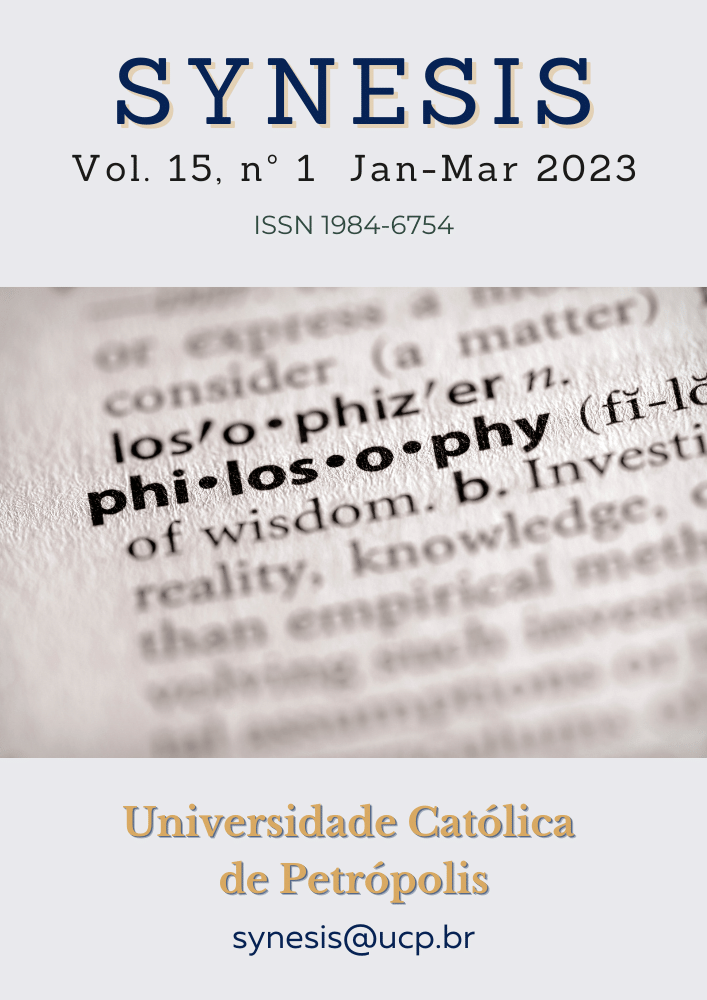Abstract
The transition of Ukraine to democracy requires studying the experience of forming political leaders in developing countries. In particular, political leadership, in particular, the values, ideology, and policies of the leader, determine the level of democracy in a country. The results of the research provide evidence of the impact of political leadership on democratization and economic growth. It has been established that leadership determines the values and priorities for the development of political and economic systems as well as democratization has a positive effect on economic growth under the condition of an open economy, unity, and solidarity of the principles of leaders within the party and the opposition. The growth of opposition protests and the conservatism of political leaders leads to a decrease in the level of political culture, civil liberties, and the effectiveness of the government’s actions. As a result, the level of economic development declines.
References
Abed, G. T., & Davoodi, H. R. (2000). Corruption, structural reforms, and economic performance in the transition economies. IMF Working Paper, No. 00/132. Available at: https://papers.ssrn.com/sol3/papers.cfm?abstract_id=879906#.
Beck, T., & Laeven, L. (2006). Institution building and growth in transition economies. Journal of Economic Growth, 11 (2), 157–186. Available at: https://doi.org/10.1007/s10887-006-9000-0.
Brack, N., & Startin, N. (2015). Introduction: Euroscepticism, from the margins to the mainstream. International Political Science Review, 36 (3), 239–249. Available at: https://doi.org/10.1177%2F0192512115577231.
Brubaker, R. (2017). Between nationalism and civilizationism: the European populist moment in comparative perspective. Ethnic and Racial Studies, 40 (8), 1191–1226. Available at: https://doi.org/10.1080/01419870.2017.1294700.
Cabada, L., & Tomšič, M. (2016). The rise of person-based politics in the new democracies: The Czech Republic and Slovenia. Politics in Central Europe, 12 (2), 29–50. Available at: https://doi.org/10.1515/pce-2016-0011.
Csehi, R., & Zgut, E. (2021). We won’t let Brussels dictate us: Eurosceptic populism in Hungary and Poland. European Politics and Society, 22 (1), 53–68. Available at: https://doi.org/10.1080/23745118.2020.1717064.
Filatotchev, I., Wright, M., Uhlenbruck, K. et al. (2003). Governance, organizational capabilities, and restructuring in transition conomies. Journal of world business, 38 (4), 331–347. Available from: https://doi.org/10.1016/j.jwb.2003.08.019.
Freedom House. (2020). Nations in Transit 2020, 2021. Available at: https://freedomhouse.org/report/nations-transit.
Giavazzi, F., & Tabellini, G. (2005). Economic and political liberalizations. Journal of monetary economics, 52 (7), 1297–1330. Available at: https://doi.org/10.1016/j.jmoneco.2005.05.002.
Glaeser, E. L., La Porta, R., Lopez-de-Silanes, F. et al. (2004). Do institutions cause growth. Journal of economic Growth, 9 (3), 271–303. Available at: https://doi.org/10.1023/B:JOEG.0000038933.16398.ed.
Jones, B. F., & Olken, B. A. (2005). Do leaders matter? National leadership and growth since World War II. The Quarterly Journal of Economics, 120 (3), 835–864. Available at: https://doi.org/10.1093/qje/120.3.835.
Kovacic, W. E. (2001). Instututional Foundations for Economic Legal Reform in Transition Economies: The Case of Competition Policy and Antitrust Enforcement. Chi.-Kent L. Rev., 77, 265. Available at: https://papers.ssrn.com/sol3/papers.cfm?abstract_id=1955989.
Krašovec, A., & Johannsen, L. (2016). Recent developments in democracy in Slovenia. Problems of Post-Communism, 63 (5–6), 313–322. Available at: https://doi.org/10.1080/10758216.2016.1169932.
Krašovec, A., & Lajh, D. (2020). Slovenia. In The European Parliament Election of 2019 in EastCentral Europe, p. 253–275. Palgrave Macmillan, Cham. Available at: https://www.palgrave.com/gp/book/9783030408572.
Markowski, R., & Tucker, J. A. (2010). Euroscepticism and the emergence of political parties in Poland. Party politics, 16 (4), 523–548. Available at: https://doi.org/10.1177%2F1354068809345854.
O'Dwyer, C., & Schwartz, K. Z. (2010). Minority rights after EU enlargement: A comparison of antigay politics in Poland and Latvia. Comparative European Politics, 8 (2), 220–243. Available at: https://doi.org/10.1057/cep.2008.31.
Ogbeidi, M. M. (2012). Political leadership and corruption in Nigeria since 1960: A socio-economic analysis. Journal of Nigeria studies, 1 (2). Available at: https://nairametrics.com/wpcontent/uploads/2013/03/Political_leadership.pdf.
Przeworski, A., Alvarez, M., Cheibub, J. A., et al. (1997). What makes democracies endure. Lua Nova: Revista de Cultura e Política, (40–41), 113–135, Available at: https://doi.org/10.1353/jod.1996.0016.
Shleifer, A. (1997). Government in transition. European Economic Review, 41 (3–5), 385–410. Available at: https://doi.org/10.1016/S0014-2921(97)00011-1.
Skvortsova, D. S. (2010). Poland and the European Union: The Road to Integration (1989-2004). Via in tempore. History. Political Science, 13 (1 (72),
Stanojevi, M. (2003). Workers’ power in transition economies: the cases of Serbia and Slovenia. European Journal of Industrial Relations, 9 (3), 283–301. Available at: https://doi.org/10.1177%2F09596801030093003.
The Economist Intelligence Unit Limited. Democracy Index 2020, 2021. Available at: https://www.eiu.com/n/campaigns/democracy-index-2020-download-success.
Tworzecki, H., & Semetko, H. A. (2012). Media use and political engagement in three new democracies: Malaise versus mobilization in the Czech Republic, Hungary, and Poland. The International Journal of Press/Politics, 17 (4), 407–432. Available at: https://doi.org/10.1177%2F1940161212452450.
Wheatley, J. (2017). Georgia from national awakening to Rose Revolution: delayed transition in the former Soviet Union. London: Routledge.
World Bank. GDP growth (annual %), 2021. Available at: https://data.worldbank.org/indicator/NY.GDP.MKTP.KD.ZG?view=chart.
World Values Survey. WVS Wave 6 (2010–2014). Available at: https://www.worldvaluessurvey.org/WVSDocumentationWV6.jsp.
Yifu Lin, J., Cai, F., & Li, Z. (1996). The lessons of China's transition to a market economy. Cato J., 16, 201. Available at: https://www.cato.org/sites/cato.org/files/serials/files/catojournal/1996/11/cj16n2-3.pdf.

This work is licensed under a Creative Commons Attribution-NonCommercial-NoDerivatives 4.0 International License.
Copyright (c) 2023 Synesis (ISSN 1984-6754)

